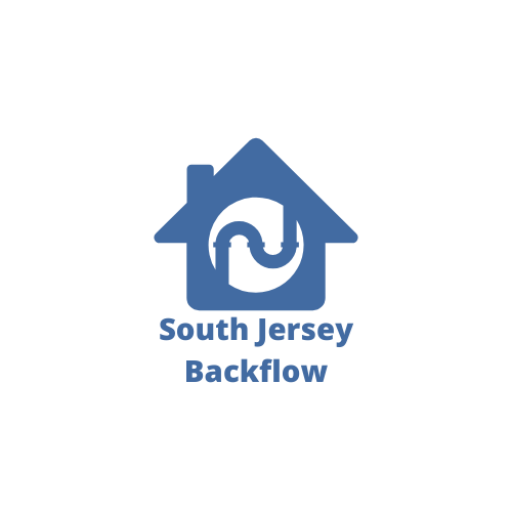The Importance of Regular Backflow Testing
Ensuring clean and safe drinking water is a top priority for homeowners and businesses alike. One of the key measures to prevent water contamination is regular backflow testing. Backflow occurs when contaminated water reverses flow into the potable water supply, posing serious health risks.
In this article, we’ll explore why regular backflow testing is crucial, what the process involves, and how South Jersey Backflow ensures compliance and water safety across New Jersey.
Why Backflow Testing is Essential
Backflow testing is a critical component of water safety and regulatory compliance. Here’s why it matters:
1. Prevents Water Contamination
Backflow can introduce harmful chemicals, bacteria, and pollutants into the water supply. Regular testing ensures that backflow prevention devices are functioning correctly, keeping your drinking water safe.
2. Meets Legal Requirements
In New Jersey, state and local regulations mandate annual backflow testing for commercial properties and some residential properties with irrigation systems. Failure to comply can lead to fines and service interruptions.
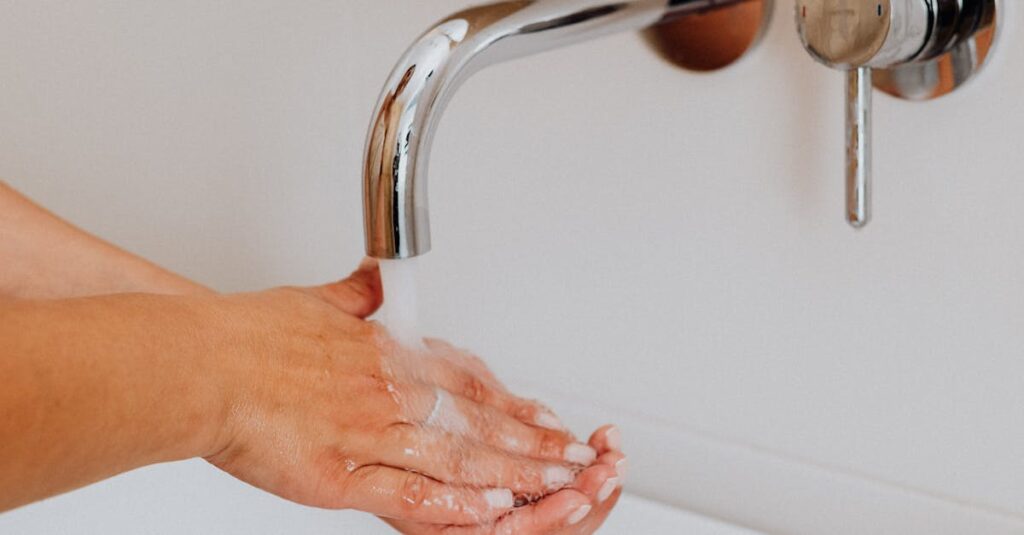
3. Protects Public Health
Contaminated water can cause severe health issues, including gastrointestinal infections and exposure to hazardous substances. Regular testing ensures that your property does not contribute to public health risks.
4. Identifies Potential Issues Early
Backflow preventers experience wear and tear over time. Regular testing can detect minor problems before they turn into costly repairs or system failures.
5. Maintains Water Pressure Stability
A malfunctioning backflow preventer can affect water pressure, leading to inconsistent supply and inefficiencies in your plumbing system.
What Does Backflow Testing Involve?
Backflow testing is a straightforward but essential process. A certified backflow tester follows these steps:
Shutting Off the Water Supply
The technician temporarily turns off the water to the backflow prevention device.
Attaching Testing Equipment
A specialized test kit is connected to check the functionality of check valves and relief valves.
Measuring Pressure Differences
The tester records pressure readings to determine if the backflow preventer is maintaining proper one-way water flow.
Inspecting for Leaks or Malfunctions
Any signs of leaks, pressure fluctuations, or mechanical failures are noted.
Providing a Compliance Report
If the device passes, the property owner receives a certification for regulatory compliance. If it fails, necessary repairs or replacements are recommended.
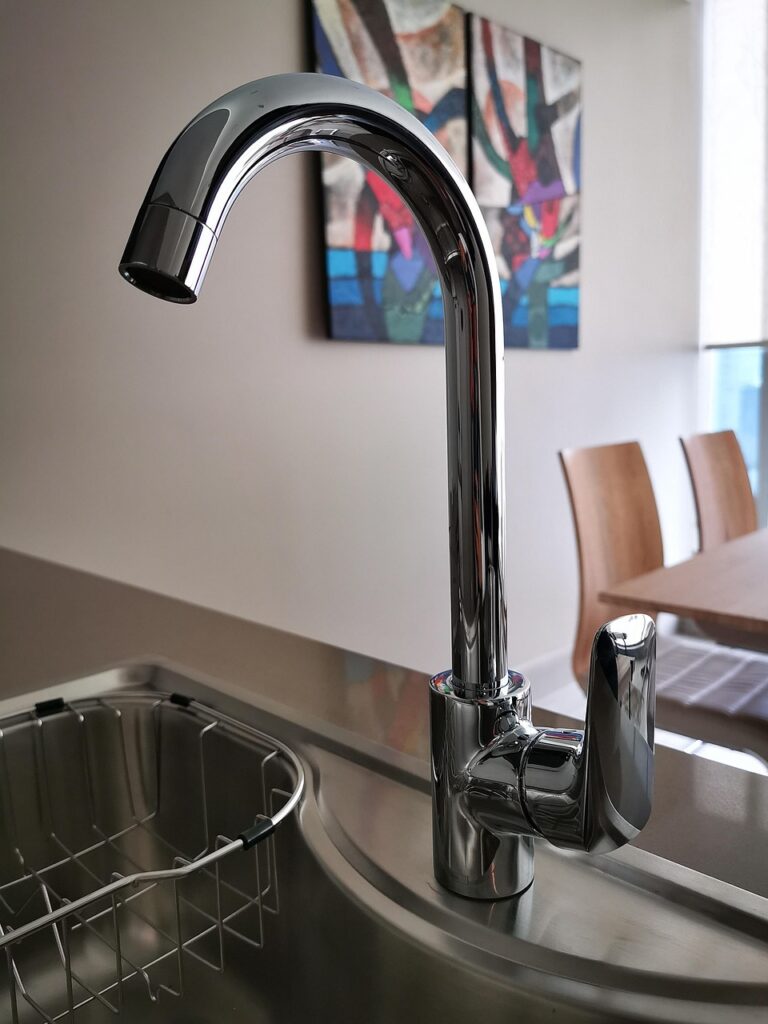
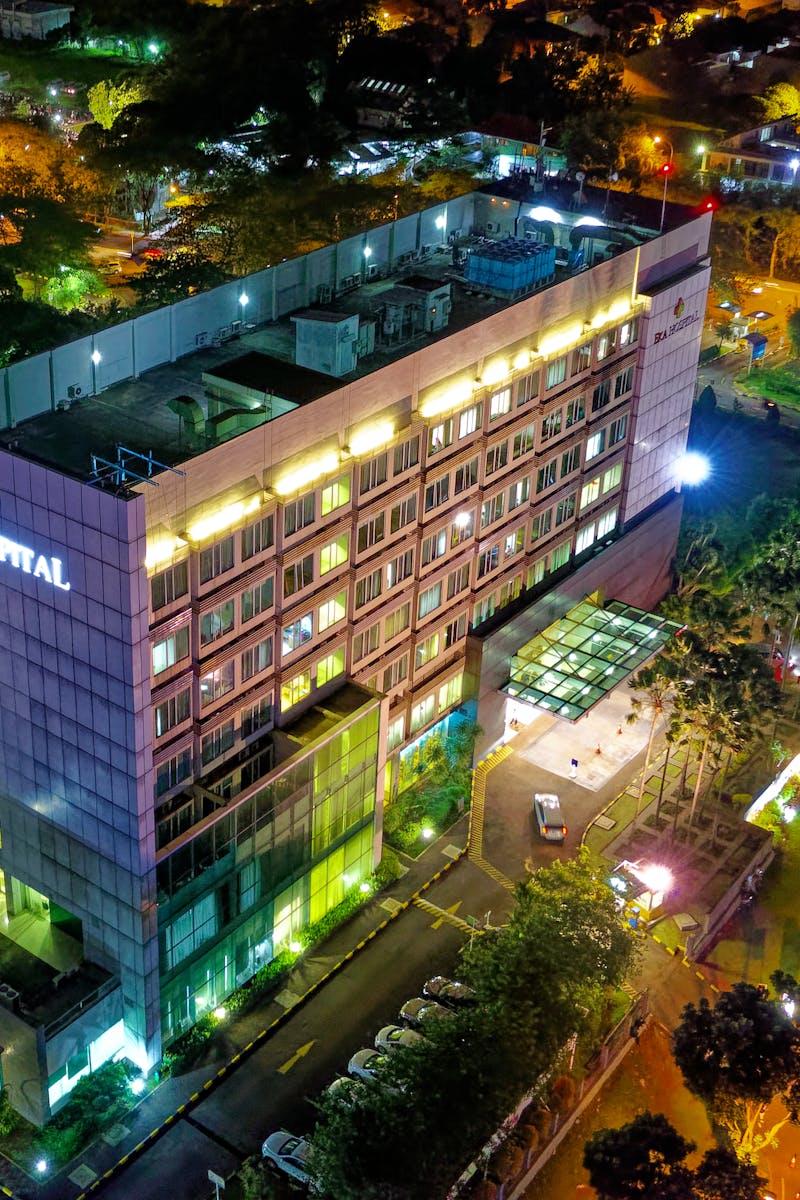
Who Needs Backflow Testing?
Certain properties are required by law to undergo regular backflow testing. These include:
Commercial Properties
Businesses, restaurants, and industrial facilities must have annual backflow testing to protect municipal water supplies.
Multi-Family Residences
Apartment complexes and condominium buildings with irrigation or fire suppression systems require routine testing.
Irrigation Systems
Homes with sprinkler systems must ensure that fertilizers and pesticides do not backflow into drinking water.
Medical Facilities & Laboratories
Hospitals, dental offices, and research labs must meet stringent backflow prevention regulations to protect patient safety.
New Jersey’s Backflow Testing Regulations
The New Jersey Department of Environmental Protection (NJDEP) mandates regular backflow testing to safeguard water quality. Some key regulations include:
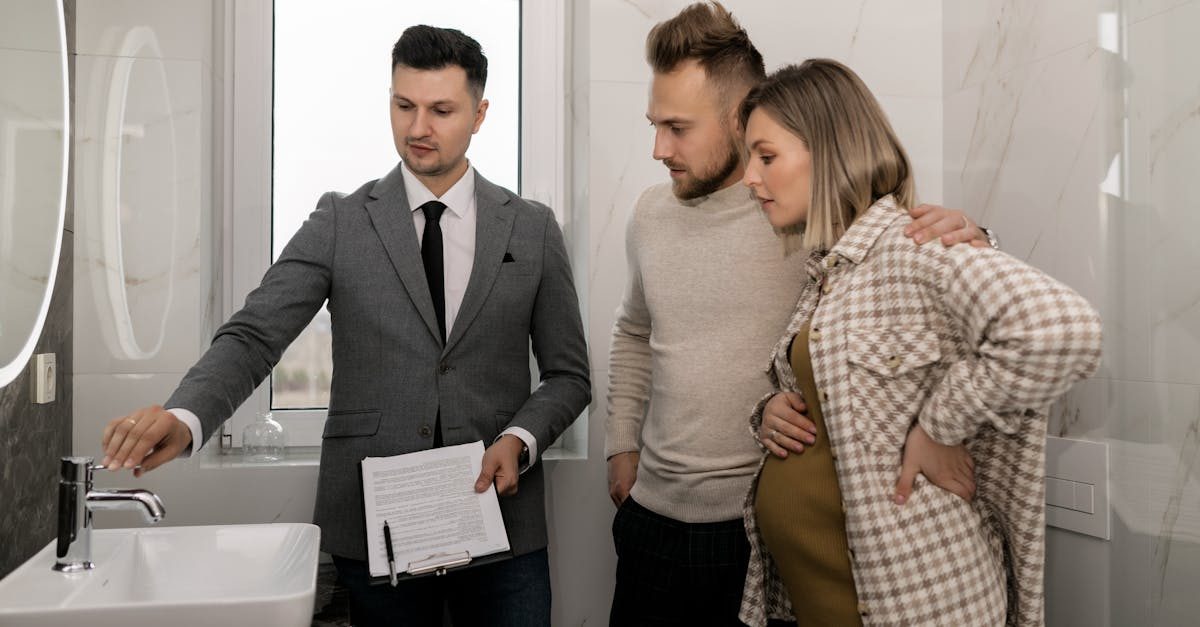
Annual Testing Requirements
Commercial and high-risk residential properties must test backflow devices every year.

Certified Tester Requirement
Only licensed backflow prevention testers can perform and certify the tests.
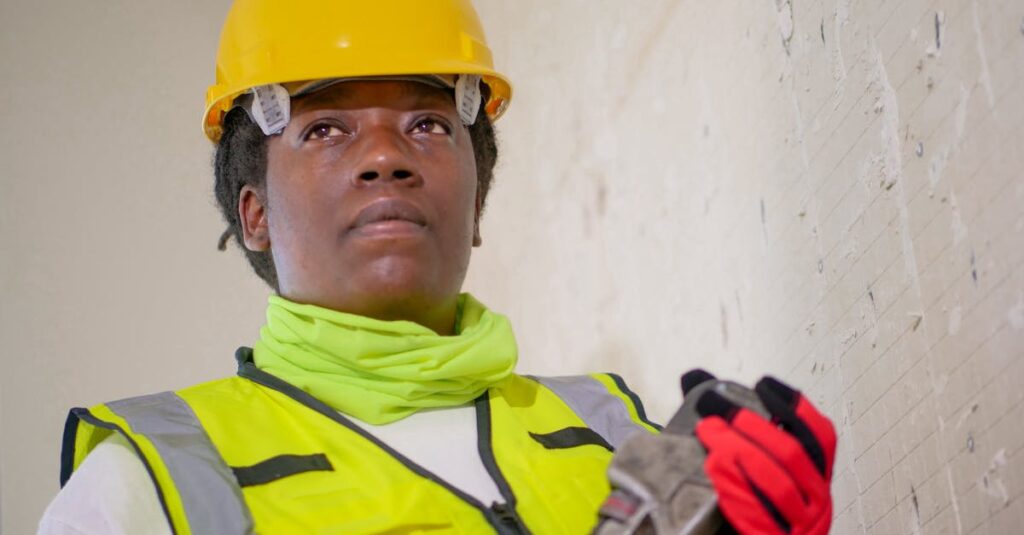
Timely Repairs & Compliance
If a device fails testing, it must be repaired or replaced promptly to maintain compliance.
How South Jersey Backflow Ensures Compliance & Safety
At South Jersey Backflow, we specialize in comprehensive backflow testing services across New Jersey. Our expert technicians provide:
Certified Annual Testing
We ensure your backflow preventer meets all state and municipal requirements.
Fast & Reliable Service
We work efficiently to minimize disruptions to your home or business.
Expert Repairs & Maintenance
If your device fails testing, we offer prompt repairs to restore compliance.
Compliance Documentation
We provide the necessary paperwork to submit to local water authorities, ensuring your property remains up to code.
Conclusion
Regular backflow testing is essential for protecting water quality, meeting legal requirements, and preventing costly issues.
By scheduling annual testing with South Jersey Backflow, you can ensure your water supply remains safe and compliant with New Jersey regulations.
Don’t wait until contamination becomes a problem—contact us today to schedule your backflow test and keep your water system secure.
